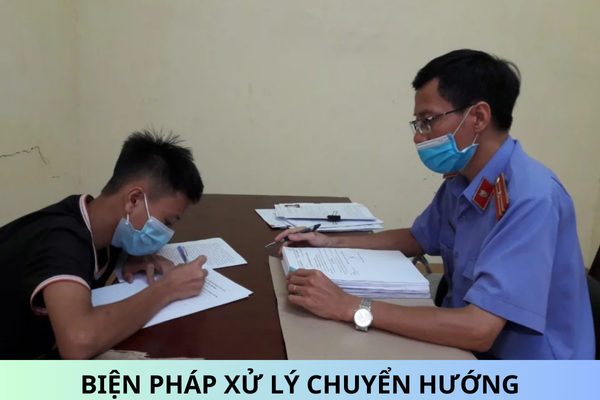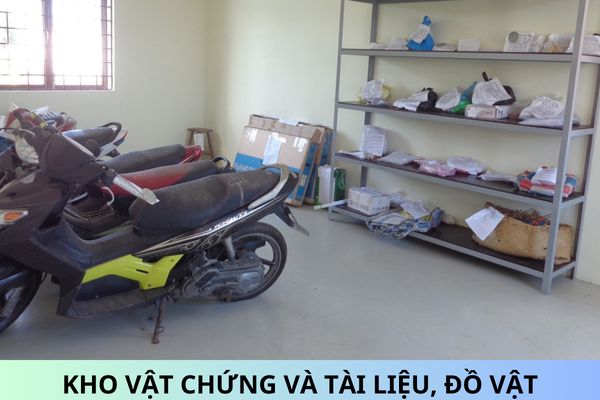Can I visit my brother-in-law at prison in Vietnam?
Can I visit my brother-in-law at prison in Vietnam? What are regulations on procedures for visiting prisoners at the prison in Vietnam? Can English be used when communicating between prisoners and relatives during visits in Vietnam?
Hello, may I ask that my wife has a 20-year-old brother this year, because of the impulsiveness of her youth, he has committed a crime of property theft and is being held in a prison. Could you please let me know as a brother-in-law, can I visit him or not?
Please advise. Thankyou.
Can I visit my brother-in-law at prison in Vietnam?
In Article 4 of Circular 182/2019/TT-BQP, there are regulations on Persons allowed to visit inmates as follows:
1. Persons allowed to visit inmates include: grandparents; Birth parents; father, mother-in-law (or husband); legally adopted parents; wife or husband; natural children, daughter-in-law, son-in-law, legally adopted children; siblings; brother, sister, sister-in-law, brother-in-law; brother (or husband); aunts, uncles, nieces, nephews, the number of relatives to visit each inmate is not more than 03 people.
2. Representatives of agencies, organizations or individuals other than those specified in Clause 1 of this Article may visit inmates if the head of the detention facility deems it appropriate to the requirements of crime prevention and control and the management, education and re-education of prisoners.
According to current regulations in Vietnam, as a brother-in-law, you can visit your wife's brother at the prison.
What are regulations on procedures for visiting prisoners at the prison in Vietnam?
In Article 5 of Circular 182/2019/TT-BQP, the procedures for visiting prisoners at the prison are as follows:
1. S-level detention facilities visit inmates according to the agreed form of the criminal judgment execution management agency. The visit shall be signed and stamped by the head of the detention facility and must be signed by the commune-level People's Committee or the commune-level police station where the person resides or the agency or organization where he or she is working or studying confirm the list of people who are relatives of the prisoner.
2. Relatives visiting inmates must be those whose names are in the visitation book ; In case the first visit is not available , or the individual is not included in the visit, there must be an application for a visit certified by the commune-level People's Committee or the commune-level police station where he or she resides or organization where that person is working or studying.
3. Representatives of agencies or organizations specified in Clause 2, Article 4 of this Circular, when visiting inmates, must send a written request to the detention facility to visit inmates. The official letter must clearly state the inmate being visited, the person visiting, the reason for the visit, and the time of visit.
4. When visiting, in addition to the application form (for individuals) and official official letter (for agencies and organizations ) , the visitor must be accompanied by one of the following documents: Identity card or citizen identification card; passport; papers proving that they are cadres, soldiers or employees if they belong to the armed forces; In case the visitor does not have identification papers, an application form with a photo attached must be submitted by the People's Committee of the commune or the police station of the commune where he/she resides or the agency or organization where he/she is working or studying certification file, stamp the application and stamp the border on the photo.
5. Relatives who are wives (or husbands) of inmates who are eligible to meet inmates in their own rooms as prescribed in Clause 1, Article 52 of the Law on Criminal Judgment Execution, must have a copy of the marriage registration certificate or a copy of the marriage certificate of the marital status of the commune-level People's Committee where the inmate's wife (husband) resides.
6. Procedures for visiting foreign inmates shall comply with the provisions of Clause 5, Article 52 of the Law on Execution of Criminal Judgments.
According to this Article, procedures for visiting prisoners at the prison in Vietnam will be carried out in accordance with the above provisions.
Can English be used when communicating between prisoners and relatives during visits in Vietnam?
In Article 6 of Circular 182/2019/TT-BQP, there are regulations on responsibilities of relatives and prisoners during visits as follows:
1. Relatives; individual; Representatives of agencies or organizations visiting to meet inmates must strictly abide by the law, the rules of the detention facility, the rules of the visiting house, and follow the instructions of the officials on duty to organize the visit and the other responsible officers. If sending objects to inmates, they must declare a list of objects except those on the prohibited list and commit to take responsibility before law for sending items in contravention of regulations. Not allowed to visit the house to see prohibited objects according to the regulations of the Minister of National Defense.
2. When a relative who is a spouse meets an inmate in a private room to visit, he/she must declare his/her personal belongings so that the officer is responsible for censorship at visiting house; must make a written commitment to strictly abide by the rules of the visiting house, to be responsible for managing and supervising the inmate during the visit, not to let the inmate violate the law, the rules of the detention facility, against infectious diseases. Female prisoners carry out family planning to ensure the time to serve their prison sentences.
3. When communicating, the person who comes to the inmate and the inmate must use the Vietnamese language. In the case of ethnic minorities and foreigners who do not know Vietnamese, other languages may be used. Persons with limited hearing and speaking ability may use sign language or communication aids but must be checked by responsible staff before using.
4. Inmates who meet their relatives must wear the provided clothes, which are neat and clean. In case a new inmate arrives to serve the sentence and has not been given pants or a shirt (according to regulations), he or she may wear pants or a shirt. long but must stamp "Prisoner"; strictly abide by the rules of the detention facility, the rules of the visiting house and follow the instructions of the officials on duty to organize the visits.
Thus, in the process of visiting, the person who comes to see the inmate and the inmate must use Vietnamese. In case of not knowing Vietnamese, another language may be used as prescribed.
Best Regards!











